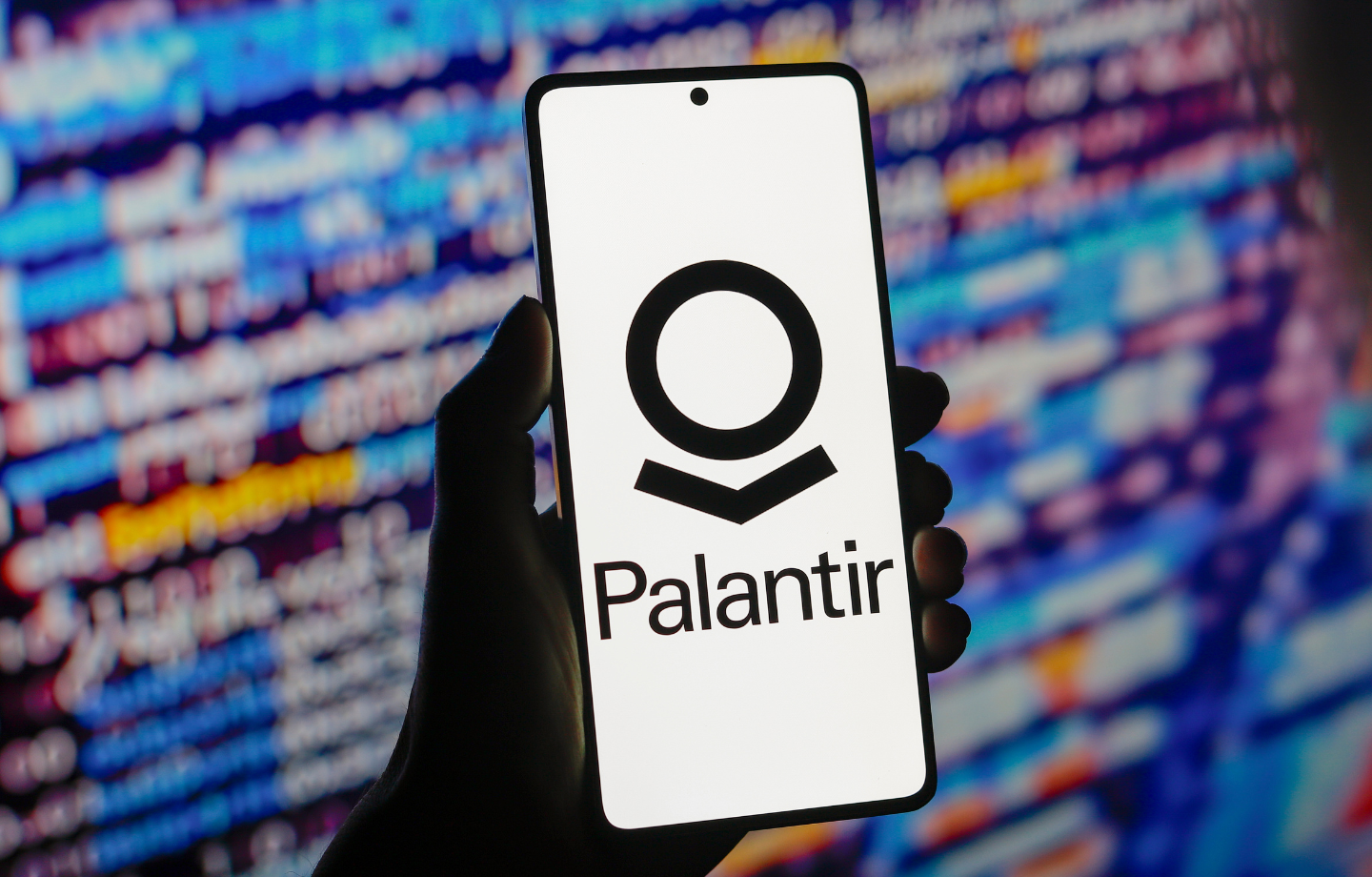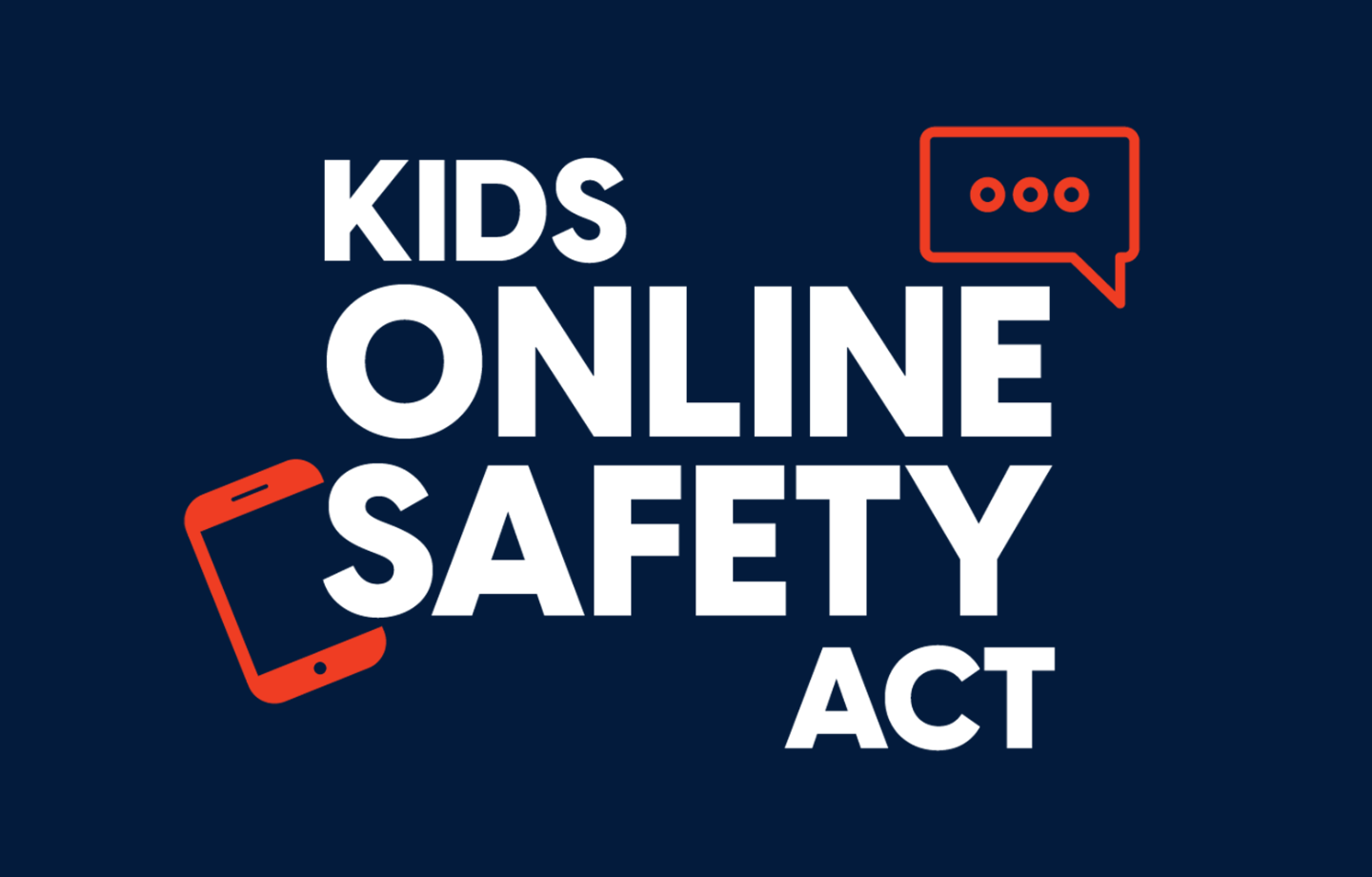As Palantir’s Role in Government Grows, So Does the Need for Real Human Rights Due Diligence

June 3, 2025
As the Trump administration expands government contracts with the data analytics firm Palantir, a critical question emerges: How can the public ensure that powerful data integration tools aren’t used to violate fundamental human rights?
Last week, The New York Times reported on Palantir’s role in supporting the Trump administration’s efforts to integrate data across federal agencies, aligning with the President’s executive order to eliminate “bureaucratic duplication and inefficiency.” Palantir’s involvement is unsurprising given its long-standing relationship with the US government, which dates back at least to 2014, and the company’s expanding footprint through contracts with the Department of Homeland Security, the Department of Defense, and other agencies. This years-long relationship has given Palantir privileged access to large-scale, sensitive data environments, shaping the design of its advanced software platforms and further solidifying its role as a key government partner.
While enabling data integration and analysis across agencies is not inherently problematic, Palantir has a clear responsibility to conduct robust due diligence to ensure its tools are not used to facilitate violations of fundamental human rights. That responsibility is particularly urgent in light of credible analysis that the Trump administration has recently disregarded privacy safeguards and due process protections.
In seeking to distance itself from the downstream consequences of its technology, Palantir has pointed to a 2020 blog post, which states:
“We act as a data processor, not a data controller… Our software and services are used under direction from the organisations that license our products: these organisations define what can and cannot be done with their data; they control the Palantir accounts in which analysis is conducted.”
But this attempt to disavow responsibility for end uses stands in direct contradiction to Palantir’s own Human Rights Policy, which affirms the company’s commitment to the UN Universal Declaration of Human Rights and related treaties, as well as the UN Guiding Principles on Business and Human Rights (UNGPs). The UNGPs require companies to undertake human rights due diligence to identify, prevent, mitigate, and account for their impact on human rights across their supply chains. This process includes proactively assessing actual or potential harms, taking steps to address them, monitoring outcomes, and being transparent about how risks are managed.
Accordingly, if Palantir is to live up to its corporate commitments, there are four concrete actions the company must take:
- First, Palantir should conduct rigorous human rights impact assessments (HRIAs) before and during its partnership with the US government. This entails assessing actual and potential human rights risks associated with specific contracts, use cases, and end users — including risks to privacy, due process, non-discrimination, and freedom of movement.
- Second, Palantir should establish and enforce contractual safeguards, defining permissible and impermissible uses of Palantir’s tools in line with international human rights standards. These contracts should require government clients to adhere to legal and ethical data use standards, and make use of termination clauses when misuse is detected. As Palantir states in its Human Rights Policy, “We believe the best defenses against customers and third parties using Palantir products for outcomes with adverse human rights impacts are to incorporate privacy and security as building blocks of our products and proactively vet risk ahead of engagement.”
- Third, Palantir should continuously monitor and audit downstream use of its technologies. It should develop mechanisms to track how its tools are actually used — including through internal audits, independent oversight, or external partnerships — and take corrective action as needed. Where possible, it should build technical constraints into the software to prevent or flag prohibited uses, such as attempts to use predictive analytics for racial profiling.
- Finally, Palantir should engage in meaningful transparency regarding all of the above. Specifically, it should publicly disclose high-risk contracts, impact assessments, and mitigation steps, while respecting legitimate trade secrets and national security constraints. These disclosures can be made in ways that maintain classified safeguards — by focusing on frameworks, governance practices, and general categories of use.
Unless Palantir commits to meaningful human rights due diligence, the public will have every reason to remain skeptical of its claims to corporate responsibility. Shareholders should insist that the company fulfill its human rights commitments, and lawmakers must likewise ensure that public contracts with Palantir are conditioned on safeguards that prevent abuse, protect civil liberties, and respect international norms. In high-risk contexts like government surveillance and data integration, trust must be earned through concrete action — not assumed through rhetoric.
 Technology & Democracy
Technology & Democracy


